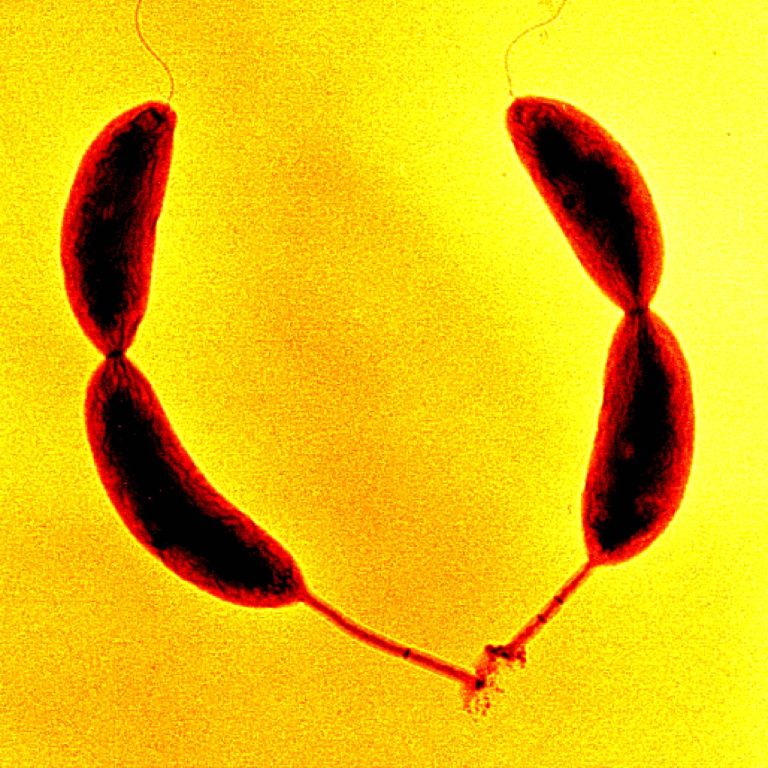An Indiana University microbiologist has received a five-year, $4 million award from the National Institutes of Health to advance research on bacterial cell biology.
Yves Brun, IU Distinguished Professor and Clyde Culbertson Professor in the IU Bloomington College of Arts and Sciences' Department of Biology, has been awarded the NIH's Maximizing Investigators' Research Award, or MIRA. The grant is part of the National Institute of General Medical Sciences' Outstanding Investigator Award Program.
"Bacteria affect people in many ways—both beneficial and harmful—in areas such as health, agriculture, industry and environmental sustainability," said Clay Fuqua, professor and chair of the Department of Biology. "Yves' work is at the forefront of research on bacterial development, shape, growth, internal and external cellular organization, and emergent properties such as biofilm formation. This grant is an important recognition of these efforts and will catalyze continued groundbreaking work from his lab."
MIRA grants are designed to provide greater stability and flexibility to NIH-funded investigators who have outstanding records of productivity and innovation, with less time spent on grant applications and more hours in the laboratory. This stability also encourages more ambitious, longer-term research projects with higher probability of breakthrough discoveries.
Brun's award will fund research on three major topics: how bacteria grow and reproduce; how their cells are organized; and how they bind to surfaces.


 The College of Arts
The College of Arts